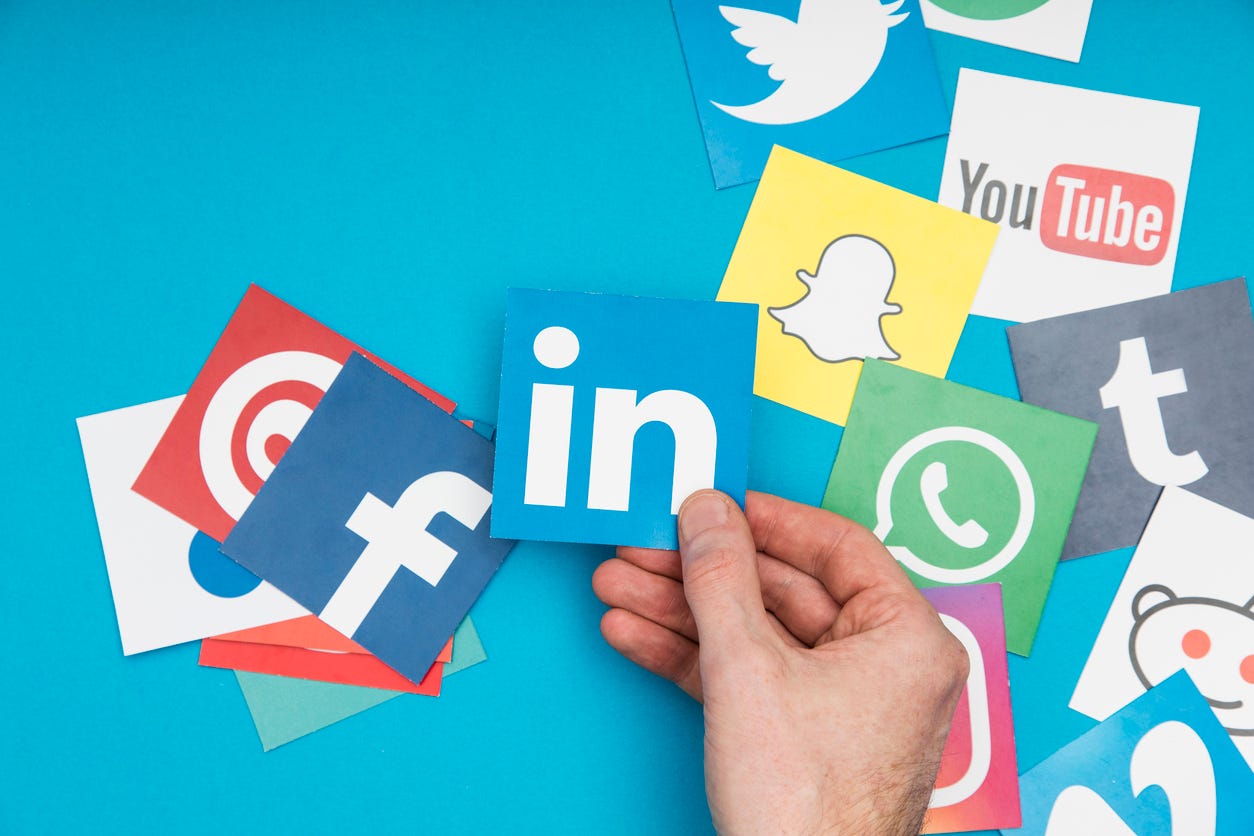LinkedIn-The Death of Professional Loyalty
The paradox of ever increasing connections
I recently listened to an episode of the Lex Fridman podcast with his guest James J Sexton. James Sexton is a NY based divorce lawyer who has also penned the book “How to Stay in Love: A Divorce Lawyer’s Guide to Staying Together.” Lex circles in on an idea that James writes about in his book where he said that if he were to invent an infidelity generating machine, he would create Facebook/Instagram. That is to say, these social media platforms serve their users in ways that are antagonistic to the concept of marriage.
Lex and James discuss how a casual interaction between two individuals, say at their kids’ soccer game, begins to amplify in scale when they connect on social media. Now both individuals get a peek into the lives of one another in a way that up until the last decade, wasn’t available before. You see them post about a vacation in the Caribbean, or a recipe they made for dinner. So when you see them again, you have more awareness of their current state of affaires, and more opportunities to enhance a connection that otherwise would have most likely stayed very casual had you not followed them on social media. James explains that as these connections increase between individuals, the sparks of marital affaires begin to ignite.
This is not to say that Instagram/Facebook and other social media platforms are the arch nemesis of a healthy marriage. But they constantly allow for individuals to be lured into or tempted by ever increasing other possibilities. Or as an economist would say, individuals calculate/recognize ever increasing opportunity costs to their current relationship. You might see a person on social media and compare your spouse to them and conclude that this other individual is more attractive than your spouse. That is not to say it’s necessarily wrong to think someone else is more attractive than your spouse, but it can fuel negative intentions and consequences if they evolve past that initial thought. You start questioning if maybe you “settled” too much with your current spouse or wonder if your “soulmate” is still out there. Or maybe you see how “great” another married couple appears on social media and conjecture that your marriage is not performing at that same standard. We are constantly bombarded with the endless relationship options that life has to offer. Which can serve as an explanation for the social trends of increased divorce rate and later in life marriages.
It hit me that LinkedIn could be serving as a culprit to the constant job/career changes that younger generations are displaying. While it’s wonderful to know all the career openings in our city, in the US, and even around the globe, it constantly puts people in the pursuit of the next best thing. We humans have increasingly been drawn to instant gratification at the detriment of long-term goals/fulfillment.
Adam Grant, an organizational psychologist at Wharton School of Business, has made a number of posts outlining how current market conditions are exacerbating this dilemma. He points to data that says on average new hires make 7% more than those currently working the same job. But those new hires are also likely to perform worse and quit more. So now we see that it is more incentivizing for individuals to pursue new opportunities outside of their current company, and in doing so, disrupt productivity in the market and miss out on internal fulfillment. Adam says career advancement so often focuses on money first, making an impact second, and our own self-improvement is a distant third.
If the labor market is structured under that value hierarchy, what does that mean for our economy and our society as a whole? Are we trending in an ever more scarcity mindset type outlook of the world? Are we missing opportunities to produce positive externalities? Are we so data driven that we forget to account for metrics that can’t be measured like emotional intelligence, work-life balance, and personal growth?
I’m not saying it’s wrong to have ambition, drive, and career growth. And I’m not saying that LinkedIn is a damaging, net-negative social network. Neither are Facebook and Instagram. Rather they are products of our modern world that contribute to changing human behavior patterns that we need to take note of if we ever want to address the changing tide before it rips us out to sea.
I’ll leave you with this. We probably all know someone who is not on social media. And I would bet that deep down many of us respect that person and there is a part of us that wishes we never were allured by the stimuli these platforms provide. I’m sure we can also think of people who have never created a LinkedIn profile, let alone heard of it. Those people probably have a self-confidence about them, and a life of satisfaction that we long for. They are content with their life in a healthy way. So what should that say then about the real value of these social media platforms?
Let me know your thoughts!




Interestingly enough, I get most of my Substack subscriptions from LinkedIn. I find it useful as a business marketing tool. Like any tool, it's all about how you utilize it!